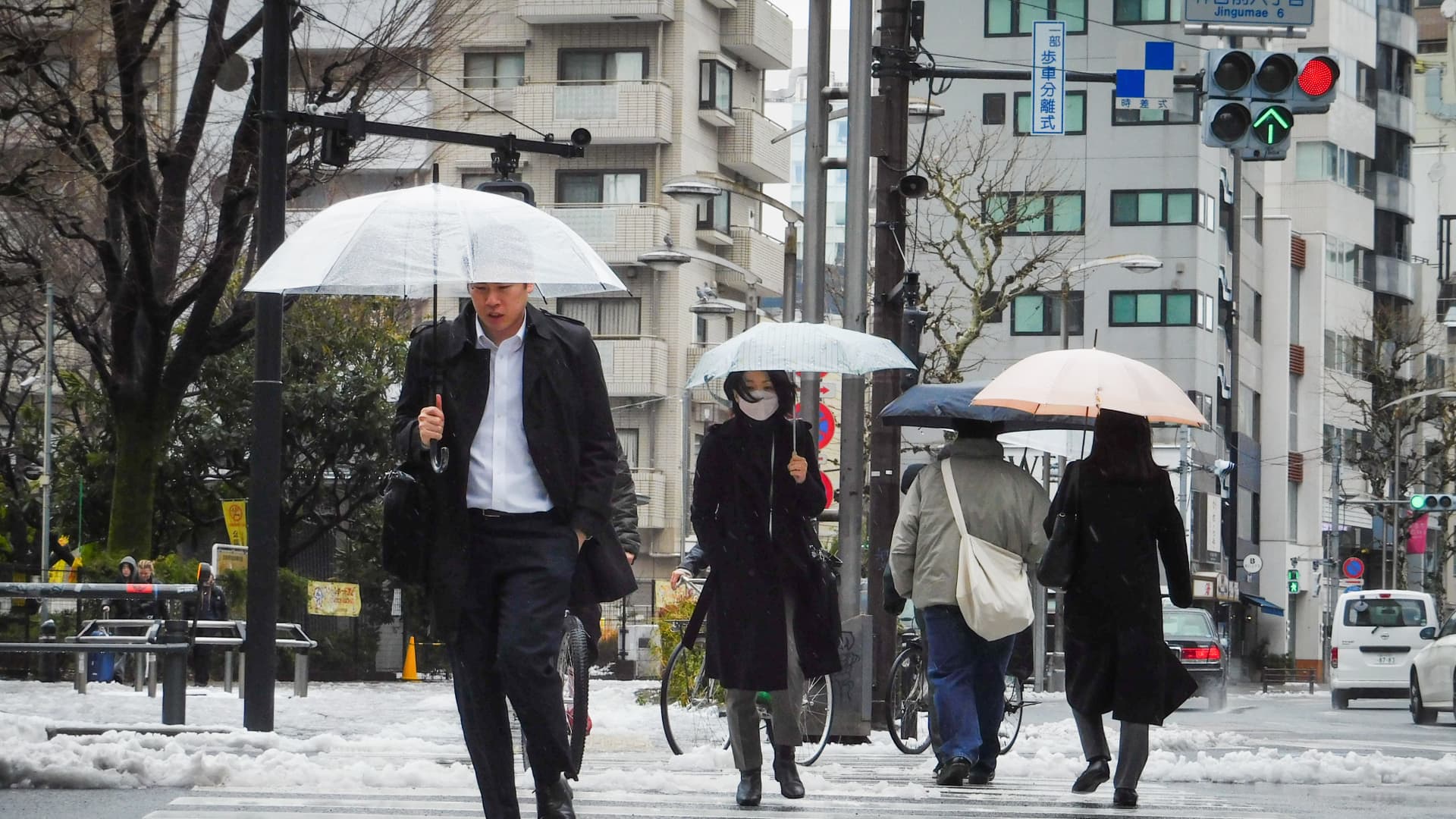Spain: Madrid blasts kill at least 170
Dazed and bloodied commuters staggered from the Atocha station in the heart of the Spanish capital where two blasts destroyed a suburban train.
Two other train stations were also hit by the near simultaneous explosions.
Spain’s government has blamed Basque separatist group Eta for the attacks which come ahead of Sunday’s elections.
"This is a massacre," said government spokesman Eduardo Zaplana.
He condemned what he called "an attack on Spanish democracy", calling Eta "a criminal gang of killers."
The authorities say no warning was given before the blasts.
The explosions at Atocha happened at about 0630 GMT as a train was pulling into the station.
"People started to scream and run, some bumping into each other," Juani Fernandez, a civil servant who was on the platform, told the Associated Press.
"I saw people with blood pouring from them, people on the ground."
There were scenes of carnage at Atocha, a huge rail station used by commuter and inter-city trains, which also has a metro station.
There were similar scenes of destruction and chaos at two smaller commuter stations: El Pozo and Santa Eugenia.
From the initial confusion, the scale of death and destruction has become ever more apparent.
The emergency services say 131 people are so far known to have died but warn that the figure could rise further.
At least 400 people were injured and Madrid’s hospitals, swamped with casualties, made an urgent appeal for blood donations.
Spain’s political parties have suspended campaigning for Sunday’s poll.
The BBC’s defence correspondent Jonathan Marcus says in the absence of an Eta claim of responsibility, there will inevitably be continuing speculation about other potential actors.
Spain’s strong support for Britain and the United States in the run-up to war with Iraq could make Spain a target in the eyes of shadowy Islamic groups.
Such a suggestion has already been made by the leader of the banned Basque separatist party Batasuna, who denied that Eta could have been behind the attacks.
Arnald Otegi pointed the finger instead at what he called "the Arab resistance".
But for Spain’s leaders, Eta remains the main suspect.
Interior Minister Angel Acebes, speaking from the scene of the blast at Atocha, said, "Have no doubt, those responsible will be caught and will pay for their crime."
The Basque regional president, Juan Jose Ibarretxe, stressed that Eta does not represent the Basque people.
"When Eta attacks, the Basque heart breaks into a thousand pieces," he said.
The Spanish government has declared three days of mourning for the victims and called on Spaniards to stage rallies on Friday evening to condemn the attacks.
If it is confirmed as Eta’s work, it would be their deadliest attack in more than three decades of armed struggle for independence.
Last month, two Basques suspected of being Eta members were arrested as they headed to Madrid in a truck laden with explosives.
Spanish police said they were arrested about 140km outside the city with 500kg of explosives hidden in the vehicle.
And last December, Spanish authorities said they foiled a Basque separatist plot to blow up a train at a Madrid rail station.
France has stepped up its police presence on its border with Spain in response to Thursday’s attacks, the French news agency AFP reports.
Close co-operation between the two countries has led to dozens of arrests of suspected Eta members in southern France in recent years.



